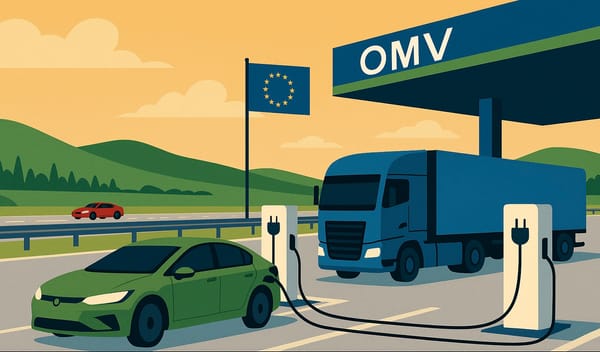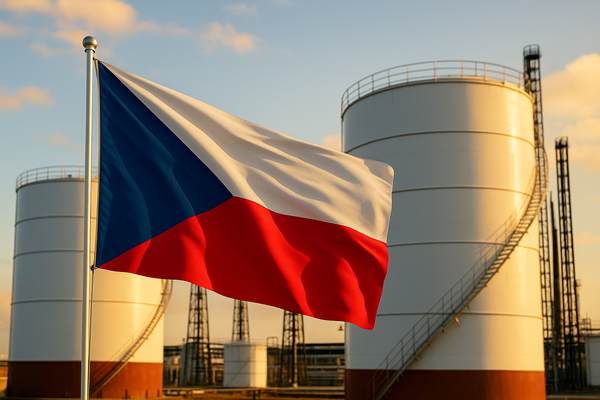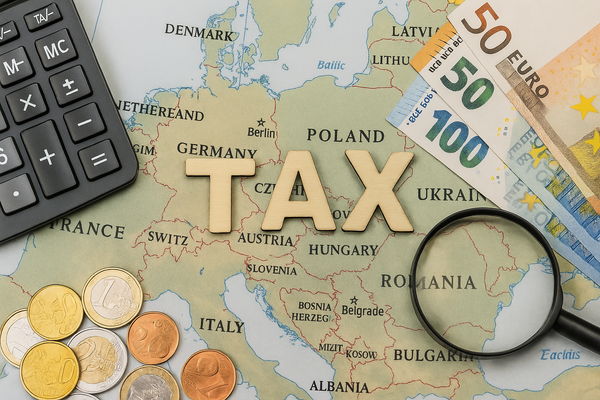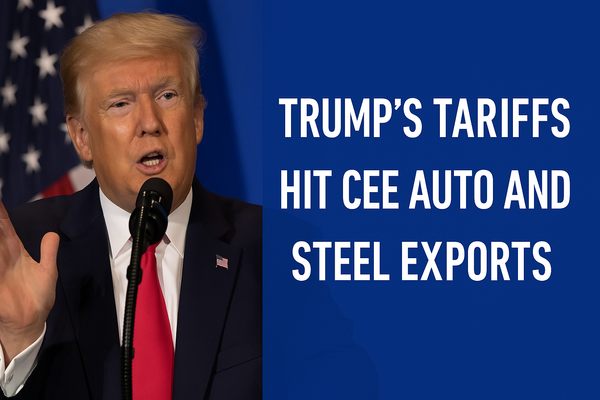
Czechia commits to 2033 coal phase-out
Czechia will stop burning coal by 2033, five years earlier than previously planned, the country’s incoming governing coalition revealed in its policy programme on Friday. The outgoing government led by Andrej Babis had targeted 2038 as a possible exit for coal, but made no formal commitment. The new Czech coalition pledged to “create such conditions for the energy transformation and development of coal regions to make it possible to phase out coal by the year 2033”, according to the programme.
As a country that is 43% reliant on coal and 39% on nuclear energy for generating electricity, Czechia’s five-party coalition which began governing in December, plans to to take up the slack from the coal phase-out with nuclear energy. The Czech Republic currently operates six nuclear power reactors and has plans to build another.
The government will update Czechia’s “state energy concept” regarding the EU’s climate and energy goals by the end of 2023. “We see the future of Czech energy in combining nuclear energy and decentralised renewable sources with an emphasis on technological neutrality and scientific knowledge.” the document states. “These principles must also be respected within the EU regulatory framework for sustainable financing (taxonomy) and in state aid rules. We will not back down from efforts to recognise nuclear energy as a sustainable activity and natural gas as a key transformation fuel in the decarbonisation process.”
Czechia’s coal phase-out date and pivot towards more nuclear power follows a leaked European Commission document that revealed it is considering classifying investments in nuclear and natural gas as sustainable under its new “green taxonomy” regulations. The EU has a stated aim to eliminate carbon emissions in the bloc by 2050.
A number of member states including Czechia, France and Poland have lobbied for the categorisation of nuclear and natural gas as sustainable investments. Opposition to this has some from Germany and Austria, which back the phasing-out of nuclear power.
The Visegrad Four (V4) group – Czechia, Hungary, Poland and Slovakia – in November signed a joint declaration of their commitment to nuclear energy, emphasising their belief that nuclear and natural gas-fired power plants contribute to the EU’s carbon neutrality goals while strengthening security of supply and the provision of clean energy.
The response from green groups and advocates was mixed. Europe Beyond Coal’s director, Mahi Sideridou, says Czechia should accelerate its plan and phase out coal by 2030. Katerina Davidova, a climate research fellow at the Europeaum think-tank in Prague, tweeted “Now it’s time to … make sure people in the coal mining regions are being heard and supported”. Clean energy campaign group Europe Beyond Coal noted that Czechia has become the sixth country in Europe to announce a date that is incompatible with the Paris Climate Agreement.





